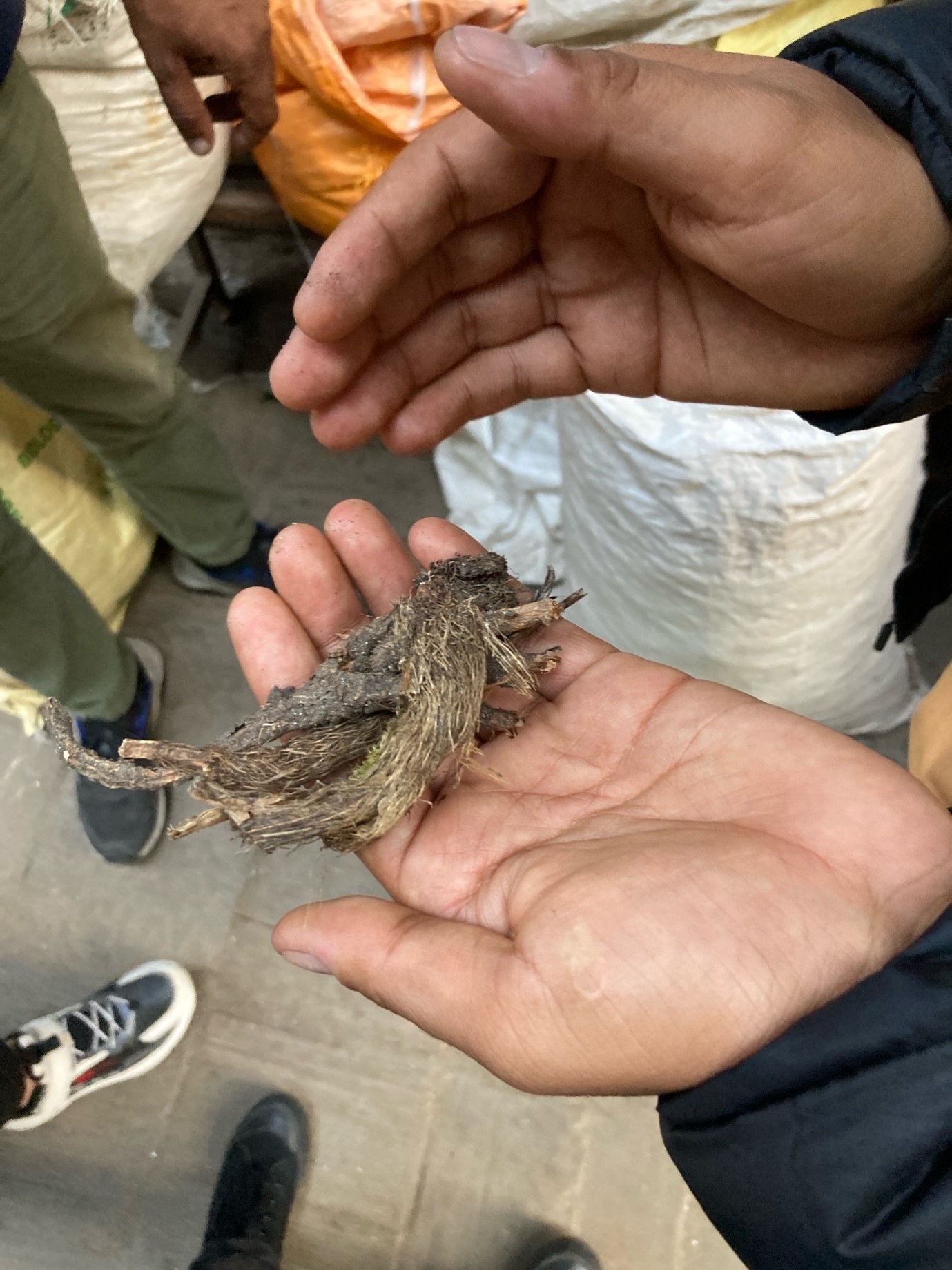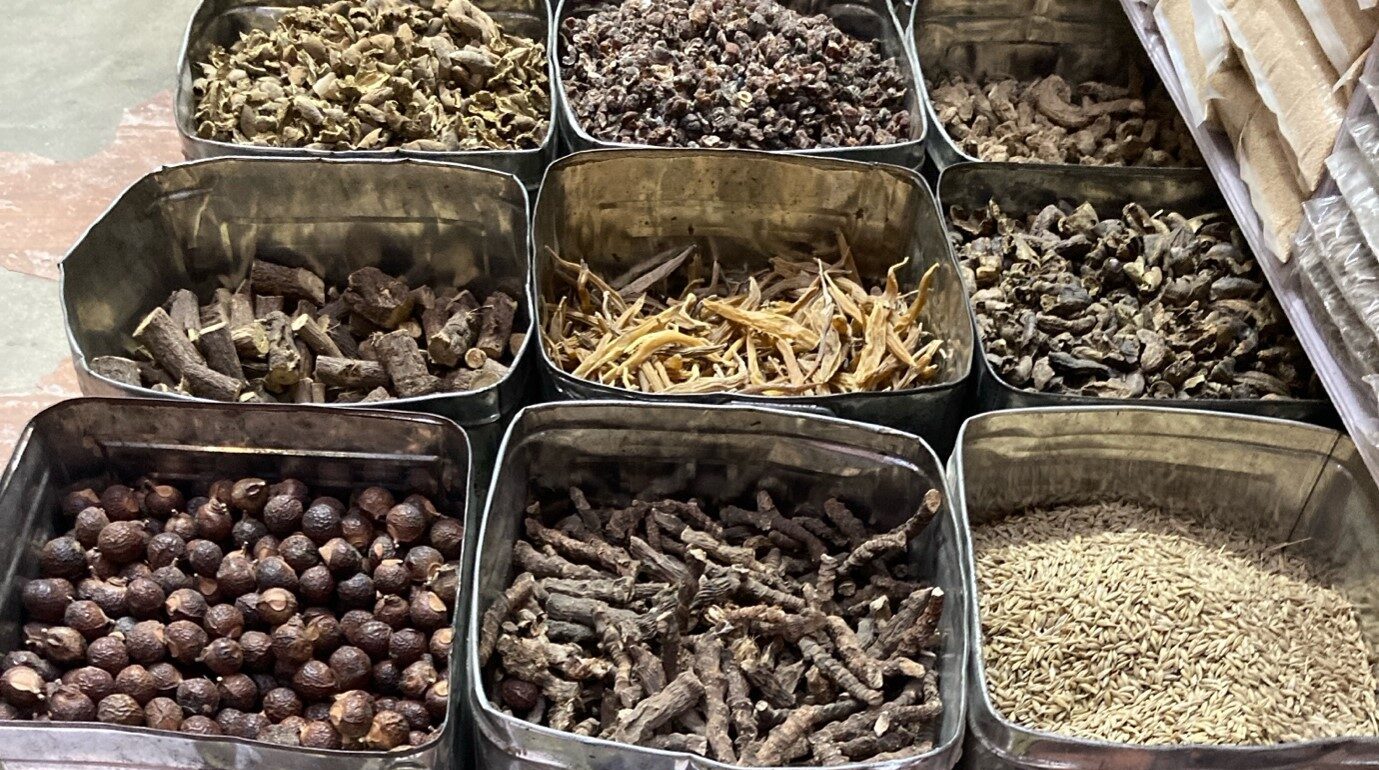This project, which began in 2024 ‘Scaling conservation of Himalayan plants and fungi through sustainable trade’ led by TRAFFIC, aims to work with people throughout the medicinal plant supply chain in Nepal to develop sustainable, equitable supply chains for key species and products.
CONSERVATION CONTEXT
Both local livelihoods and wild species in the high-alpine Himalaya face mounting challenges, including from the overharvesting of wild plants and fungi for commercial medicinal trade. This can lead to declines in medicinal species, which can impact delicate mountain ecosystems and undermine traditional practices and indigenous knowledge that sustain local communities and cultures.
In contrast, successful pilot initiatives in Nepal have demonstrated that sustainable management practices can significantly improve the trade and conservation of wild-harvested forest products. By scaling up these pilots, this project seeks to create equitable, sustainable supply chains that benefit local communities while protecting biodiversity. The project will generate robust evidence to inform national and regional conservation policies, ensuring that trade practices are both ecologically sustainable and economically beneficial. In doing so, it aims to enhance local livelihoods, elevate traditional knowledge, and set a precedent for biodiversity-based trade that balances conservation with development.

A jatamansi root for sale at a market in Kathmandu

Medicinal and aromatic plant products for sale in Kathmandu
APPROACH
The project, ‘Scaling conservation of Himalayan plants and fungi through sustainable trade’ aims to build on previous successful projects, such as the Himalayan Plants for People project, ensure that the trade in wild-harvested ingredients in the Himalayan region is equitable and sustainable.
The Oxford part of this project focuses on building a structured decision-making tool to assess sustainability of harvest for different species under different conditions. We are using Bayesian Belief Network models (BBNs), which provide a visual map of all factors affecting sustainability, and the extent to which changes in them can change the wider system.
PROJECT MEMBERS
Dr Amy Hinsley is leading Oxford’s contribution to the ‘Scaling conservation of Himalayan plants and fungi through sustainable trade’ project, in collaboration with Reshu Bashyal at Greenhood Nepal. The wider project is being led by TRAFFIC and ANSAB, with many international partner organisations working on different parts of the supply chain.
PROJECT PARTNERS
This research is funded by the Darwin Initiative, led by TRAFFIC and ANSAB, and in research partnership with Greenhood Nepal.